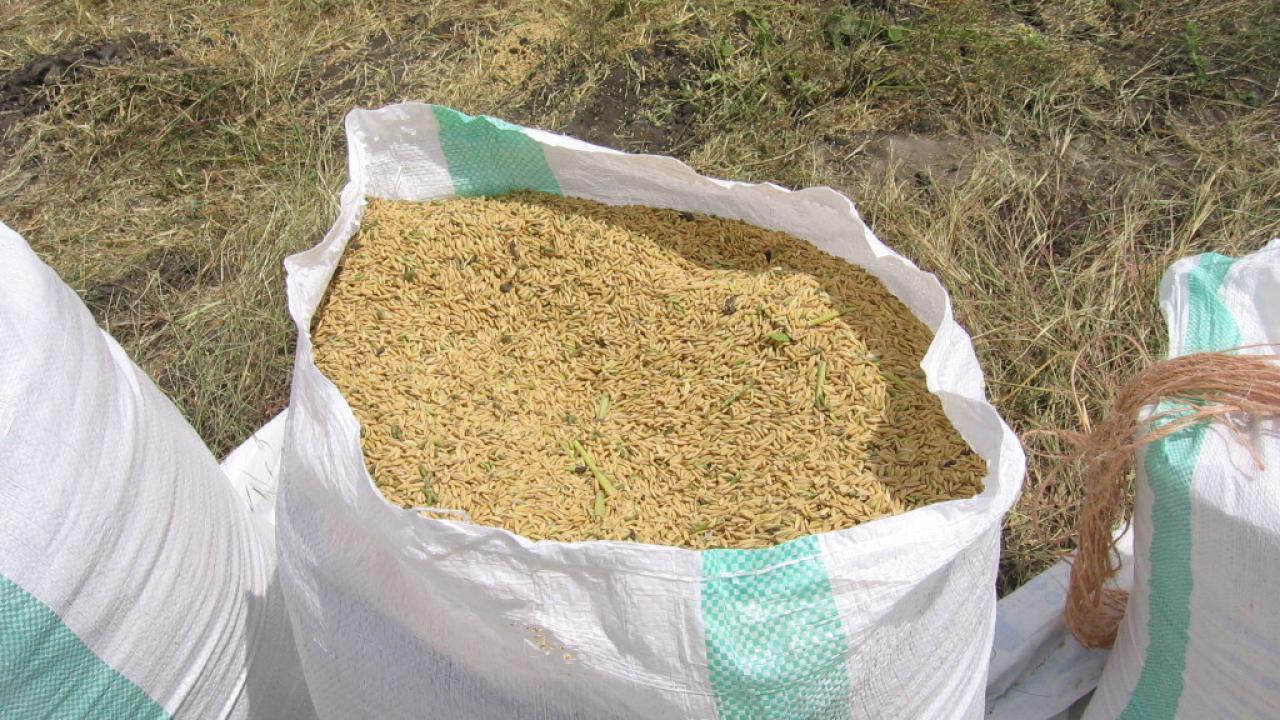
An overwhelming body of literature has left no doubt that risk poses one of the greatest threats to development in low-income economies. While index insurance offers a compelling solution to the problem of unpredictable risk, existing products have generally suffered from low demand, which may be related to how well these products help smallholder farmers manage risk.
Index insurance projects in developing countries have almost exclusively used precipitation-based indices, which have been shown to carry a relatively high level of “basis risk,” or the level at which insurance payouts will compensate for a farmer’s actual losses. An idea that has received surprisingly little attention in the literature is to use a satellite-based index that could increase the precision of using environmental and weather factors to estimate actual yields. This higher precision could be key to both lowering the costs of index-insurance products and to reducing basis risk.
Project Summary
The Feed the Future Innovation Lab for Assets and Market Access is developing an innovative satellite-based index to reliably predict local crop yields. This work is the centerpiece of a larger project to design an index insurance contract that can successfully protect smallholder farmers against environmental and weather shocks such as droughts and floods.
Several rainfall-based insurance products that rely on weather station data currently exist on the market, but such contracts suffer from a lack of historical data, poor coverage for farmers and high scaling costs. Our product utilizes satellite-based indicators, such as the Normalized Difference Vegetation Index (NDVI) or measures of evapotranspiration (ET), which we are using to build an index that more strongly correlates with crop yields at a very low cost.
The process of developing this satellite-based yield model is divided into three phases: 1) creation of the index; 2) collection of actual yield data; and 3) estimation of the yield model. While the ultimate purpose of this project is to create an index insurance contract that can be offered to farmers as part of an interlinked credit/ insurance product, the scope of this proposal is limited to the development of a satellite-based crop yield model.
Anticipated Impacts
A key innovation of this project is to make the satellite-based index scalable. Developing a satellite-based model that accurately predicts yield shortfalls due to unpredictable weather shocks is the starting point to designing an indexinsurance contract offered to farmers through local private companies. The ability to accurately estimate such a meta-model will be absolutely vital if the promise of index insurance is to be cost-effectively rolled out across not only in Tanzania, but also in other parts of the developing world.
